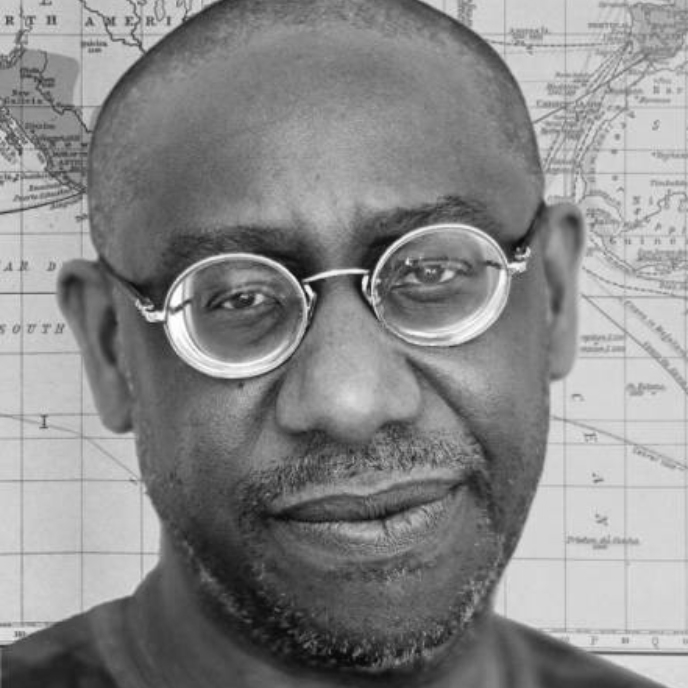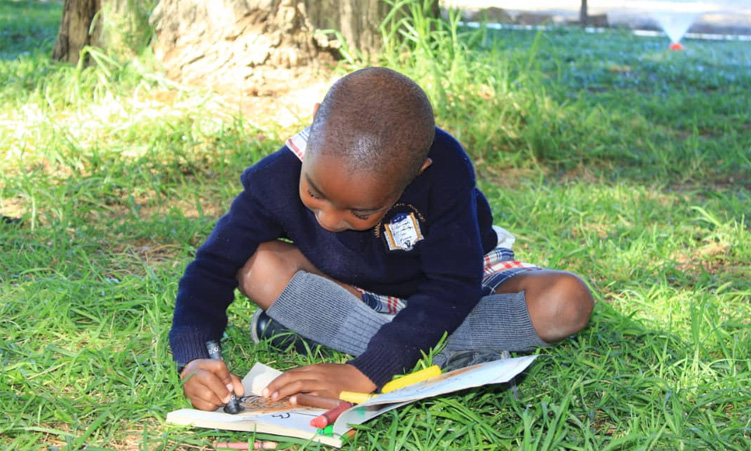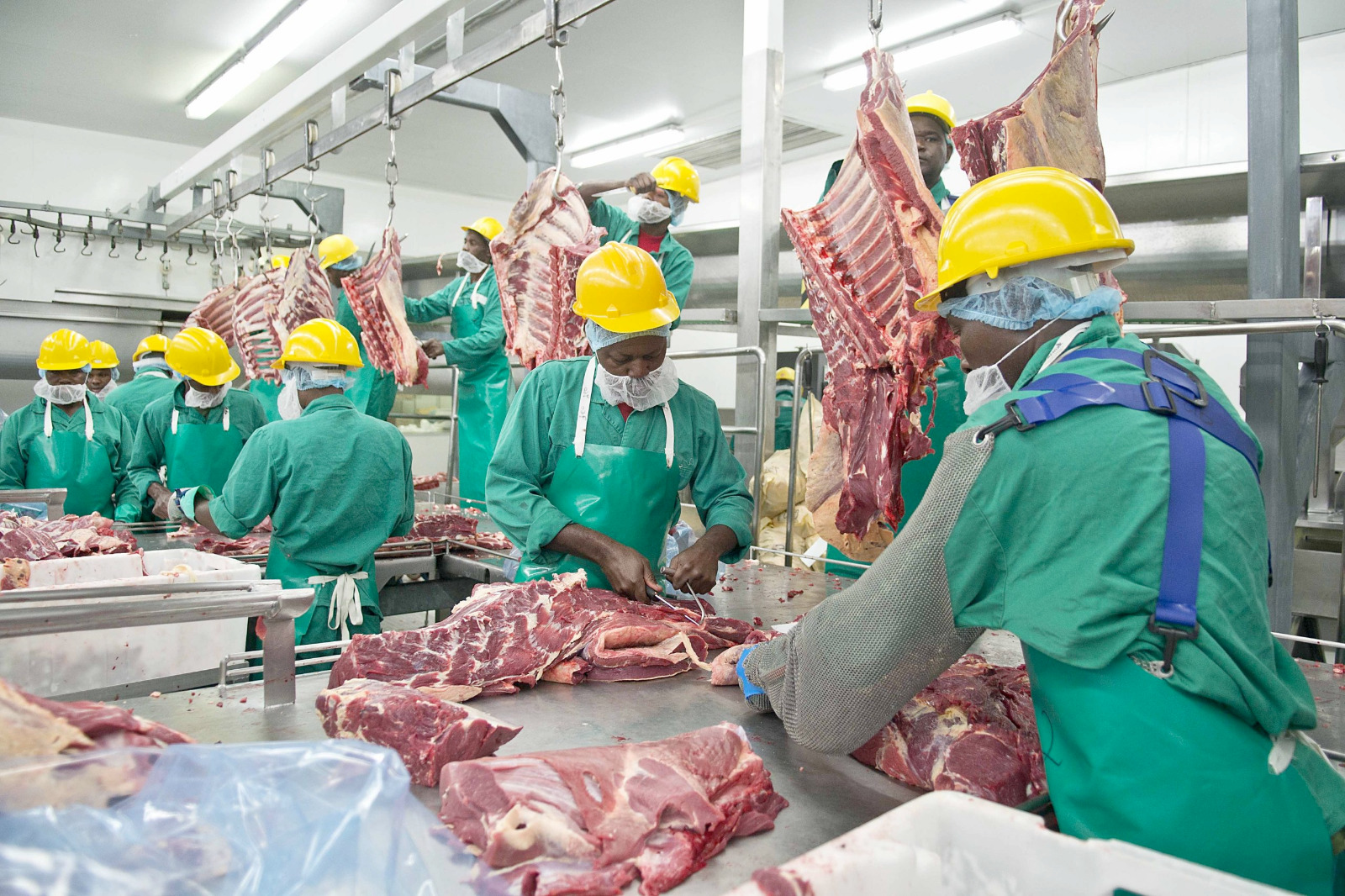As the United Nations prepares to host its ambitious Summit of the Future in New York on September 22-23, the three pillars of multilateralism – peace and security, sustainable development, and human rights – are showing obvious signs of strain and urgently require renewal.
Africa will be vital to this effort.
Notably, the global security architecture that emerged after the end of the Cold War was shaped by two visionary UN secretaries general from Africa, Boutros Boutros-Ghali and his successor, Kofi Annan.
Boutros-Ghali’s 1992 An Agenda for Peace, which laid out a comprehensive framework for peacemaking, peacekeeping, and peacebuilding, served as a blueprint for incumbent António Guterres’s 2023 New Agenda for Peace.
Boutros-Ghali also fostered security cooperation between the UN and regional bodies, particularly in Liberia and the Balkans.
Annan, for his part, was instrumental in founding the UN Peacebuilding Commission.
He also continued the organisation’s focus on Africa, where most of its peacekeeping missions have been based since 1989 and where 80% of its peacekeepers are currently stationed.
REPRESENTATION AND LEGITIMACY
Yet, despite comprising 28% of the UN’s membership, Africa lacks permanent representation on the Security Council.
When the Council was established in 1945, it represented 29% of the UN’s member states; today, it accounts for just 8%.
Consequently, its legitimacy has eroded, compromising its ability to fulfil its mandate.
To be sure, African countries have already played a pivotal role in shaping the current international order.
Over the past two decades, the African Union (AU), the Economic Community of West African States (Ecowas), and the Southern African
Development Community have sent peacekeepers to conflict zones across the continent, including Liberia, Sierra Leone, Côte d’Ivoire, Guinea
Bissau, Mali, Burundi, Darfur, Somalia, the Democratic Republic of the Congo, and Mozambique.
But these organisations often grapple with inadequate funding and operational challenges.
When it comes to sustainable development, the situation is equally frustrating.
Over the past six decades, African governments and their Global South allies have urged UN agencies to prioritise the needs of low-income economies over the security interests of the world’s wealthiest countries.
But Western powers’ disproportionate influence over institutions like the World Bank, the International Monetary Fund, and the World Trade
Organisation, which remain firmly under their control, has undermined these efforts.
After achieving progress in health, education, and infrastructure between 1960 and 1975, Africa’s economies were hit hard by the oil price-fueled debt crisis and the disastrous structural-adjustment programmes imposed by the World Bank and IMF, leading to the ‘lost decades’ of the 1980s and 1990s.
DELIVERY AND DEBT
Under the leadership of Nigerian technocrat Adebayo Adedeji, the UN Economic Commission for Africa unsuccessfully sought to counter this trend by advocating an alternative agriculture-led, infrastructure-focused strategy aimed at creating an African common market.
In 2018, the AU announced the creation of the African Continental Free Trade Area (AfCFTA).
But the continent – which accounts for less than 3% of global trade – has not yet developed robust economic pillars or achieved market integration.
Nor have African countries made adequate progress toward achieving the UN’s 17 Sustainable Development Goals by 2030; on the contrary, poverty, hunger, and inequality have all increased.
With six years remaining until the 2030 deadline to achieve the SDGs, the development and financing commitments outlined in the 2015 Addis Ababa Action Agenda must be fulfilled quickly.
Facing an unsustainable US$1,1 trillion debt burden, many African governments currently allocate 45% of their revenues to debt repayment, undermining their ability to invest in the social sector as well as climate mitigation and adaptation projects.
Meanwhile, high income countries have failed to deliver on their promise to provide at least US$100 billion annually for climate initiatives in developing countries.
THE STATE OF HUMAN RIGHTS
The state of human rights, the third pillar of multilateralism, remains dismal as well.
As secretary general, Annan oversaw the establishment of the Human Rights Council, which was intended to replace the Human Rights Commission and bolster the UN’s conflict-management efforts.
But the Council has proven to be just as ineffective and politicised as its discredited predecessor.
This failure is particularly evident in Africa, where many regions remain plagued by violent extremism, fuelled by deep-seated inequalities and poor governance.
Over the past decade, high unemployment and systemic gender discrimination have pushed thousands of young Africans to embark on perilous journeys across the Sahara and the Mediterranean in pursuit of better opportunities in Europe.
With 70% of Sub-Saharan Africa’s population under the age of 30, the need to invest in education, create quality job opportunities for Africa’s youth, and foster genuine public participation in policymaking cannot be overstated.
While the AU has long championed the principle of “non-indifference” toward severe human rights abuses and humanitarian crises, its commitment to this policy has been tested by a wave of military takeovers in Mali, Guinea, Burkina Faso, Chad, Niger, and Gabon.
This growing governance threat reflects the ongoing failure to consolidate African countries’ democratic institutions and jeopardises the economic progress of the past three decades.
REINVIGORATION AND REFORM
Western governments can take several steps to reinvigorate multilateral cooperation.
As US president Joe Biden’s administration has acknowledged, the Security Council must be expanded to include permanent members from Africa, Latin America, and the Caribbean.
For the Council to be truly representative, countries like Nigeria, South Africa, Brazil, and India should be added.
Likewise, rich countries must honour their longstanding pledge to contribute 0.7% of their gross national income to development aid, and Africa’s voting power at the IMF and World Bank should be increased.
The international community should also adopt Brazil’s proposal – supported by South Africa, Germany, and Spain – for a 2% global wealth tax on billionaires, which could generate up to US$250 billion for global development.
Meanwhile, the increasingly toothless WTO, led by Nigeria’s former finance minister Ngozi Okonjo-Iweala, must be reformed.
To ensure fairness, it should focus on promoting sustainable development through technology transfers and preferential trade access for developing countries.
Lastly, funding for the under-resourced UN Peacebuilding Commission must be significantly increased.
This would enable the commission to cooperate effectively with the World Bank, IMF, and the African Development Bank, strengthening its capacity to rebuild the socioeconomic foundations of Africa’s war-torn countries.
– Adekeye Adebajo, a professor and a senior research fellow at the University of Pretoria’s Centre for the Advancement of Scholarship in South Africa, served on UN missions in South Africa, Western Sahara, and Iraq. He is the author of ‘Global Africa: Profiles in Courage, Creativity, and Cruelty’, and ‘The Eagle and the Springbok: Essays on Nigeria and South Africa’
– Copyright: Project Syndicate, 2024; www.project-syndicate.org
Stay informed with The Namibian – your source for credible journalism. Get in-depth reporting and opinions for
only N$85 a month. Invest in journalism, invest in democracy –
Subscribe Now!









